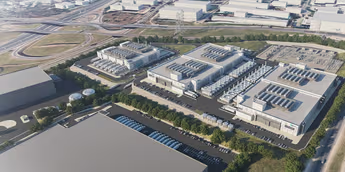Why Network Services Have Been Poor in Recent Times — Telcos Explain

By Erewunmi Peace
Telecommunications companies in Nigeria have attributed the recent decline in network quality to a surge in vandalism, infrastructure theft, and persistent damage from road construction activities.
According to the Association of Licensed Telecommunications Operators of Nigeria (ALTON), the disruptions experienced by millions of Nigerians are not due to negligence or lack of investment, but rather the increasing destruction of telecom infrastructure across the country.
“We’ve invested heavily in expanding and upgrading our networks, but these efforts are being undermined by vandalism and theft,” said ALTON in an official statement.
What’s Behind the Poor Service?
- Rampant Vandalism & Theft
Critical network components such as batteries, fiber cables, diesel, and solar panels are being stolen or destroyed. Over 50 cases were reported between May and July 2025 across states including Lagos, Rivers, Imo, Ogun, and the FCT. - Damage from Road & Civil Projects
Construction work has led to frequent fiber cuts, particularly in urban areas where underground cables are common. These damages result in service interruptions that can take hours or days to repair. - Unstable Power Supply
Due to erratic electricity and grid collapse, telecom operators depend heavily on diesel-powered generators. Rising fuel prices and logistics challenges are driving up operational costs and limiting service stability. - Network Congestion & Capacity Strain
As internet and mobile usage continues to grow, network capacity is being stretched. Operators say they’re expanding infrastructure, but the pace is being slowed by cost pressures and security concerns.
Telcos Call for Urgent Action
Industry leaders are calling on the government and law enforcement agencies to treat telecom infrastructure as critical national assets. They urge stricter security enforcement, proper planning during road projects, and quicker response to vandalism cases.
They also emphasize the need for regulatory support and public awareness to protect telecom infrastructure, especially in rural and high-risk urban zones.
What This Means for Users
While many Nigerians have expressed frustration over poor call quality, slow internet, and dropped connections, the telcos assure that they are actively working on solutions. However, without collective effort—including community vigilance and government intervention—the challenges may persist.





























































































































































































































































































































































































































































































































































































































































































































































































































































































































































































































































































































































































































































































































































